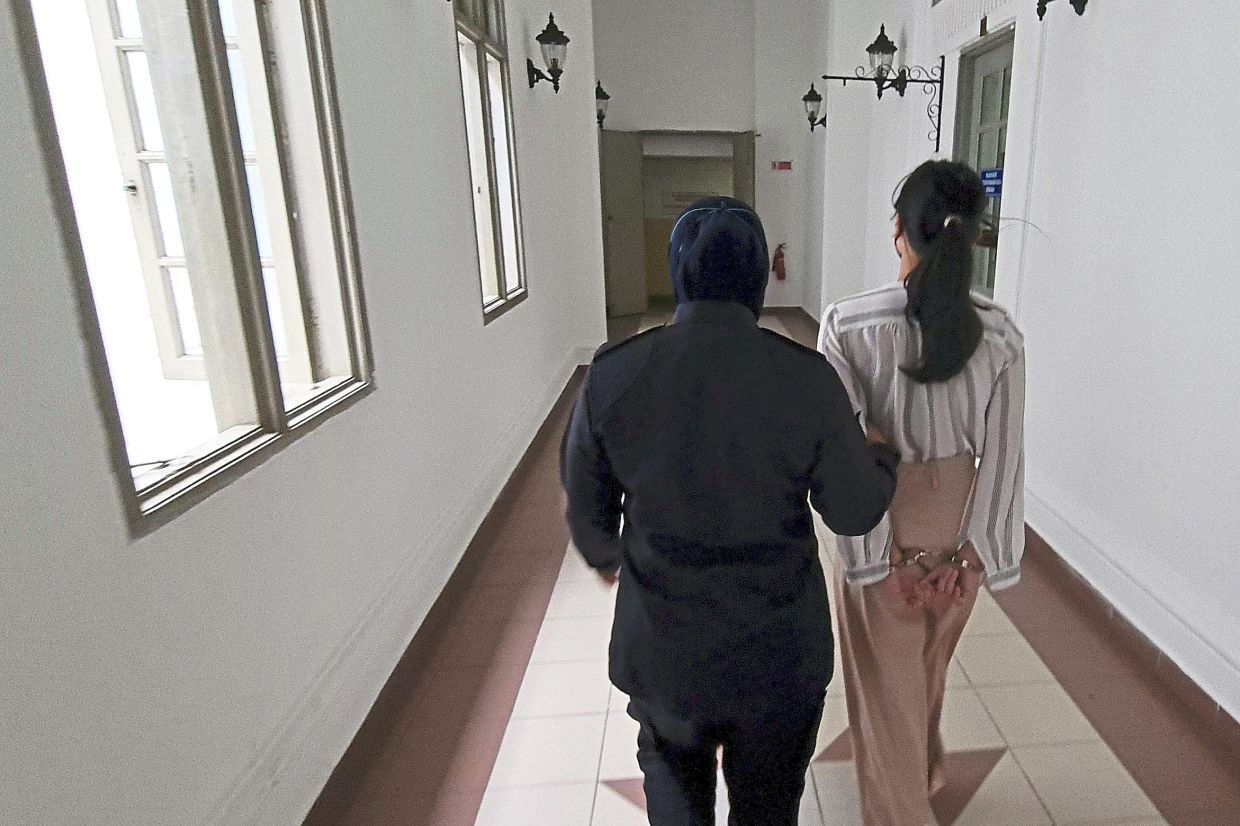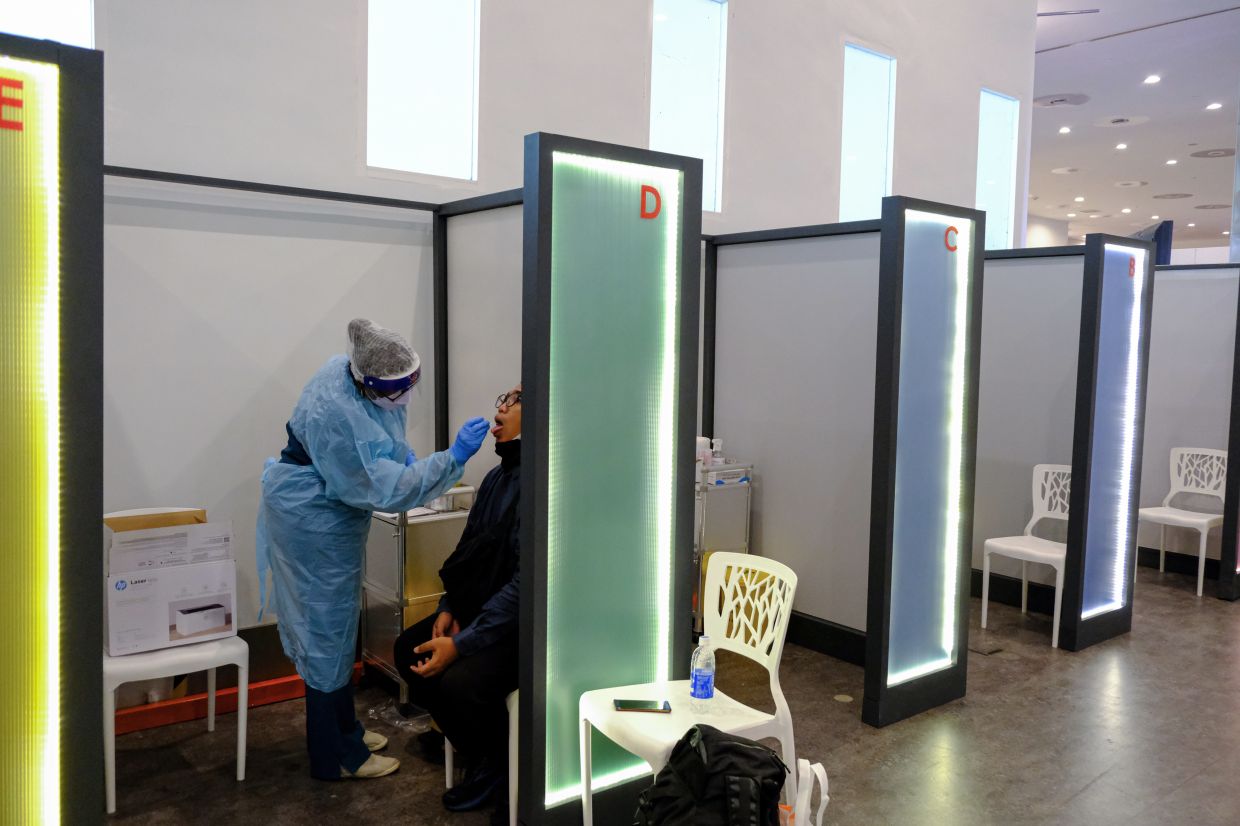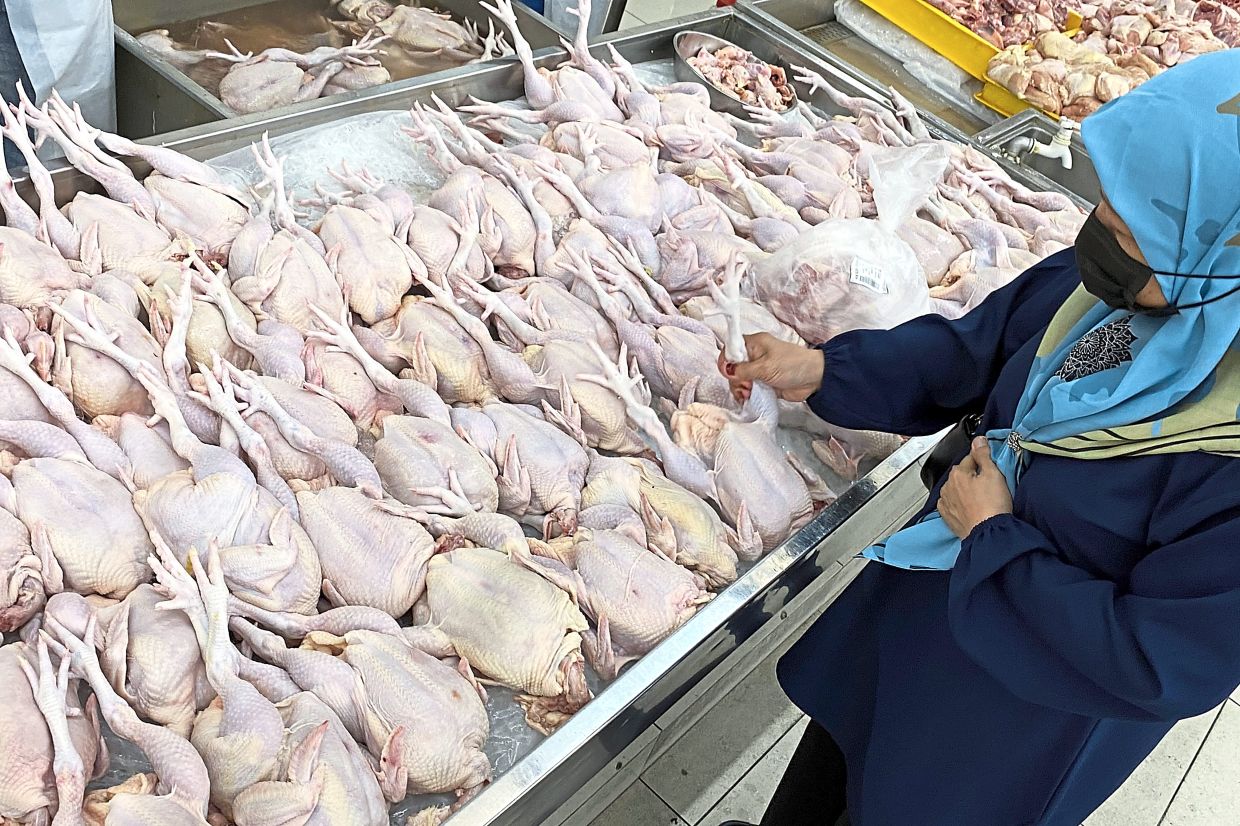
Found guilty: Sam was sent off to jail while her lawyers filed an appeal with the Court of Appeal. – China Press
We need to learn from this sad episode and put a stop to dangerous activities like ‘basikal lajak’ racing on our roads.
THE harsh jail sentence imposed on Sam Ke Ting over a devastating fatal accident nearly five years ago, has generated national debate. In the 3.20am incident on Feb 18, 2017, eight teenagers on modified bicycles (basikal lajak) were killed.
The High Court sentenced the clerk to six years’ jail and a fine of RM6,000 for reckless driving, which resulted in the deaths of these cyclists in Johor Baru.
Adding to her woes, a request for a stay of execution was denied, so Sam was sent off to jail while her lawyers filed an appeal with the Court of Appeal.
Let’s hope this appeal secures Sam her stay of execution because she’s neither a hardcore criminal nor flight risk.
Even those convicted of gross corruption are still walking freely while they await their appeals to be heard.
Sam would need a quick hearing, or else she would be locked up. But it may take up to six months before the Bench deliberates on her case. With the certificate of urgency, hopefully the Court of Appeal could meet on this sooner.
High Court Judge Justice Abu Bakar Katar had ruled that the magistrate’s court had erred in accepting the defence of Sam, who had proven she didn’t drive recklessly and had adhered to traffic laws. She had even been acquitted twice.
While Abu Bakar would have made his decision based on the facts of the case and laws, one can also understand why his decision has enraged many Malaysians, with their sentiments well displayed on social media.
Many of these reactions seem valid, really. To put it bluntly, this is common sense, particularly for those who have experienced near-mishaps with these reckless cyclists who think they own our highways.
Anyone driving along the highways at 3am expecting a smooth ride would get a scare if a gang of these cyclists suddenly appeared out of nowhere.
We can talk about the merits of the law, but most of us would surely be caught off guard, and no one in their right mind would want to collide with these youngsters.
You can be driving on a straight road and minding your own business, but if a gang of such cyclists suddenly swerves from the left side dangerously and recklessly, hitting your vehicle even, who’s at fault then?
But in the Johor case, all these are moot points because sadly, a catastrophic tragedy took place. One can imagine the remorse and guilt that Sam must endure for her part in the deaths of these youngsters.
She will have to live with this for the rest of her life.
It doesn’t help to debate now whether the blame should be on these minors who should know better than to roam around on the roads at 3am.
Their parents have been devastated and surely they have been tormented by a lot of abuse, too.
Five years later, with the case given a fresh twist, social media chatter has again haunted the parents, who have been accused of neglect. Irresponsibly but in typical Malaysian style, even racist rhetoric has surfaced.
All this will not bring the kids back, and neither will jailing Sam for six years. The point here is, what have we learned from this sad episode?
Have such dangerous activities stopped?
Have laws been drawn up and enforced to ban such modified bicycles, or do the authorities and parents still think there are more important matters to worry about – until the next major accident?
Highways are not meant for racing – not for cars, motorcycles, and certainly not modified bicycles.
We don’t need another bright politician to propose building racing parks for these youngsters.
We take road safety lightly. By now, we’re all familiar with the common scene at every traffic light – almost every delivery person will try to beat the lights.
Yet, many of us even tolerate and accept such disregard for safety because we think these are people merely trying to earn a decent living and that their wages depend on the speed of delivery and the number of trips they make. They should be excused. Kesian (pity).
One wonders whether these delivery companies even drum in them the importance of safety.
Hasnan Badi, a Malaysian downhill mountain bike racer with 15 years of racing experience, said the modified bicycles with cut-down handlebars and perhaps even no brakes, don’t provide proper control with the position the riders are riding in.
In an interview with paultan.org, he said roads were not the place for bicycle racing, except in controlled conditions, saying “it comes down to safety and education.
“If the kids are not educated on safety by the parents and the parents are not aware of what their children are doing, then this situation will happen again.”
He, however, said that drivers are also required to always be responsible and in control of their vehicle, adding that “drivers must be aware and be prepared to take necessary action to avoid accidents where possible.”
Finally, let’s not forget what the late William Orville Douglas, an American Supreme Court judge said, that common sense often makes good law.













